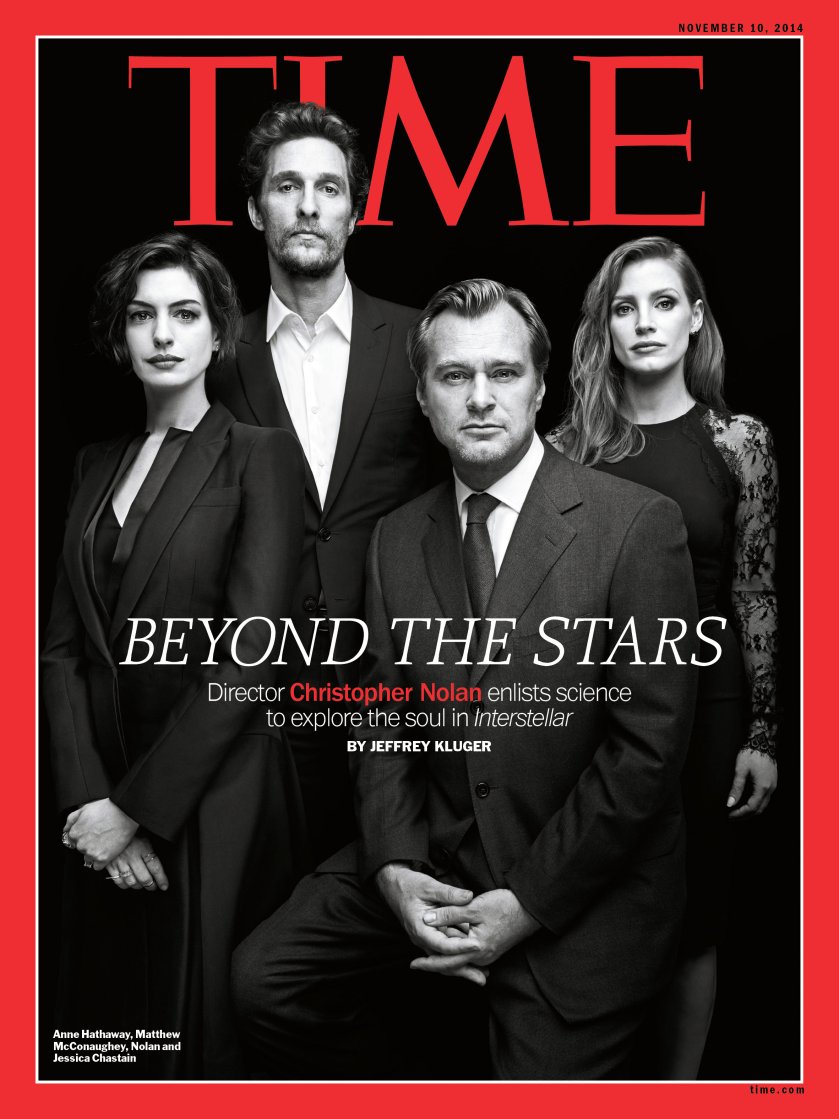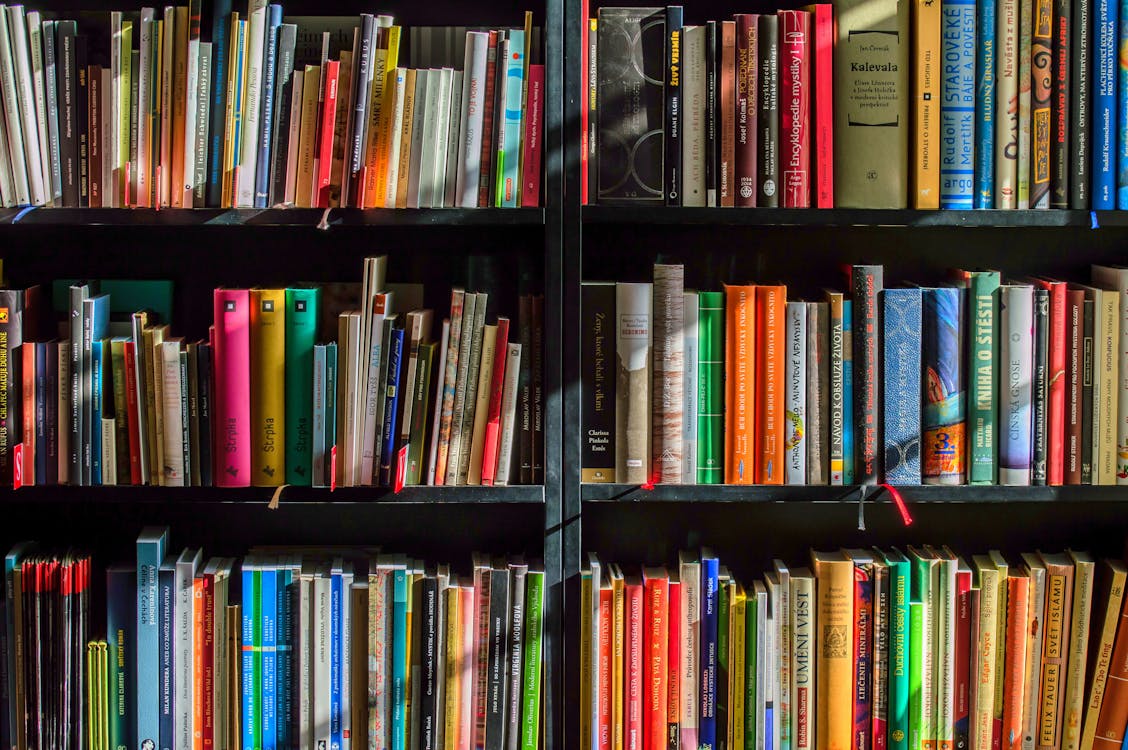Why I’m a Cultural Explorer
Culture, for me, is not just something to appreciate, it’s something to learn from. Whether it's through language, cuisine, cinema, architecture, or regional storytelling, I find myself constantly pulled toward experiences that help me see the world differently.

Regional Stories and Global Cinema
I’ve always been drawn to film as a portal into culture. From the realism of Malayalam cinema to the narrative power of Japanese animation, I seek out storytelling that roots itself in tradition and local nuance. Directors like Christopher Nolan inspire me technically, while regional films like Moothon and Premam remind me of where I come from.
Watching foreign-language films or indie stories from overlooked geographies helps me dismantle the idea that there's a single way to tell a story. Culture, after all, is context, and my interest in international film has shaped my approach to documentation, training material, and even team communication: understand the background before writing the foreground.
It’s why I follow creators and communities like Pixable, VICE, Netflix Geeked, and Buzzfeed Celeb. I see them as bridges to cultural literacy, reminding us that storytelling is a tool of identity, not just entertainment.

Cultural Fusion, Food, and Human Connection
Food is one of the most universal languages we speak. My weekend travels across India and abroad have been shaped not by GPS, but by where I can find street vendors, local bistros, and unfamiliar ingredients. From exploring slow-cooked Kerala meals to trying Nordic-inspired meals in city cafes, I’ve always sought out the story behind the dish.
I believe eating globally builds empathy. When you sit at someone’s table even virtually, you’re accepting their way of life for a moment. It’s why I support restaurants like Secret Garden Cafe, Infinity Curry, and No.10 Fort Cochin, not just for their food but for how they embody cross-cultural storytelling through hospitality.
That same approach translates to my writing. Great documentation, like food, is served best when it’s simple, nourishing, and rooted in its audience’s reality.

Language, Learning, and Legacy
As a technical communicator, language is my primary tool, but my fascination with language extends far beyond English. I follow global communities, read translated work, and often dip into regional writing styles. Understanding syntax, tone, and rhythm across languages teaches me how to write with empathy.
I’m a fan of platforms like Skillshare, Coursera, and Climeworks, not just because they democratize learning, but because they let cultural context breathe. Every time I take a storytelling course or tune into a live session from another continent, I’m reminded that documentation is never truly “universal”, it's always personal, always local.
Being a cultural explorer keeps me grounded, curious, and creative. It reminds me that every audience brings its own lens, and it’s our job as communicators to honor that lens with respect and imagination.